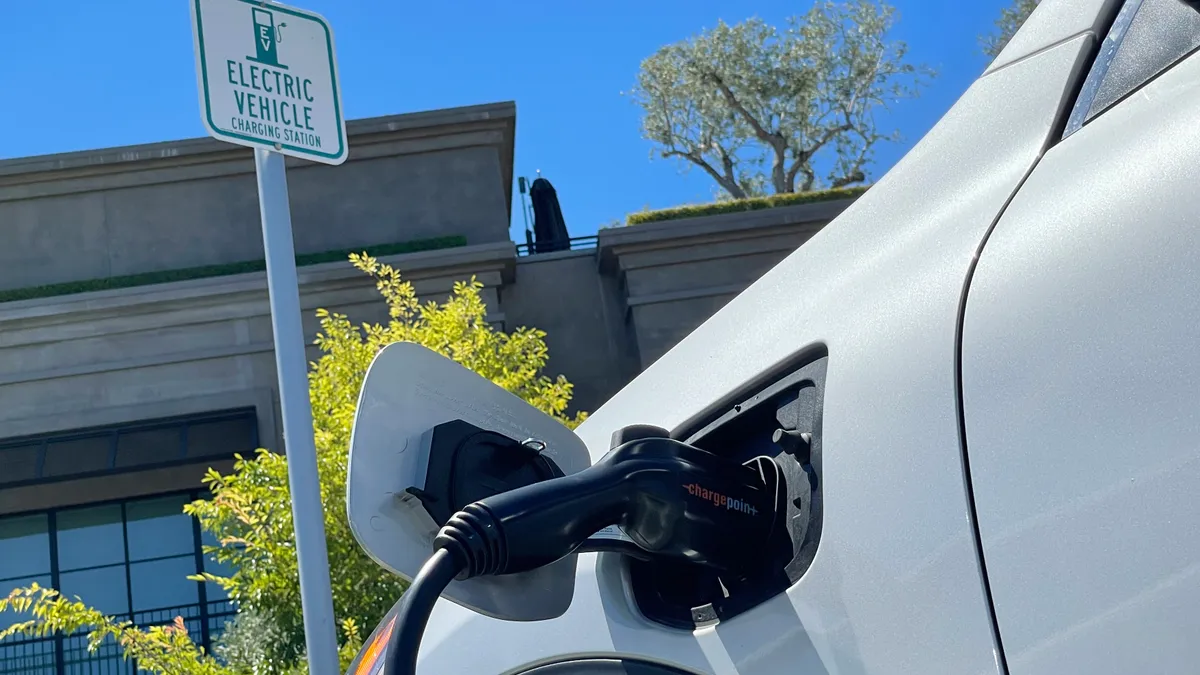Over the previous 12 months ending June, the cost of gasoline has risen 11.2%, according to the latest consumer price index data released Wednesday. That’s even higher than the staggering 9.1% jump in the overall CPI.
During that same time, the average transaction price for an electric vehicle has gone up 13.7%, to $66,997, according to Kelley Blue Book. Although electric vehicles have become more appealing to consumers, some federal EV tax credits are phasing out, leaving many potential buyers struggling to afford a new electric vehicle.
Federal tax credits of up to $7,500 for new all-electric and plug-in hybrid vehicles have helped consumers buy these vehicles since 2010, but these credits phase out as each automaker passes the milestone of 200,000 EV sales. General Motors and Tesla buyers are already out of luck. Toyota will cross that threshold soon.
“The vehicle incentives are big drivers [of sales],” said Joe Britton, executive director at the Zero Emission Transportation Association. According to a white paper ZETA published, “As the market moves out of the EV early adopter phase and enters the mainstream consumer market, incentives’ impact on consumer behavior holds added importance.”
Legislation to extend the federal tax credit did not make it into the bipartisan infrastructure law, but it’s in the Build Back Better Act, which remains stalled in Congress. Britton said there’s strong support, including among some Republicans, for electric vehicle incentives. The roadblock appears to be Sen. Joe Manchin, D- W.Va.
Britton, who spent 15 years working in the U.S. Senate, told Smart Cities Dive that negotiations for extending the tax credit could revolve around a “vehicle incentive for people in certain income thresholds, paired with an industrial incentive” that would spur domestic manufacturing. “That's what's happening now. So it's a little more nuanced and less binary than in or out” for vehicle tax credits, he said.












